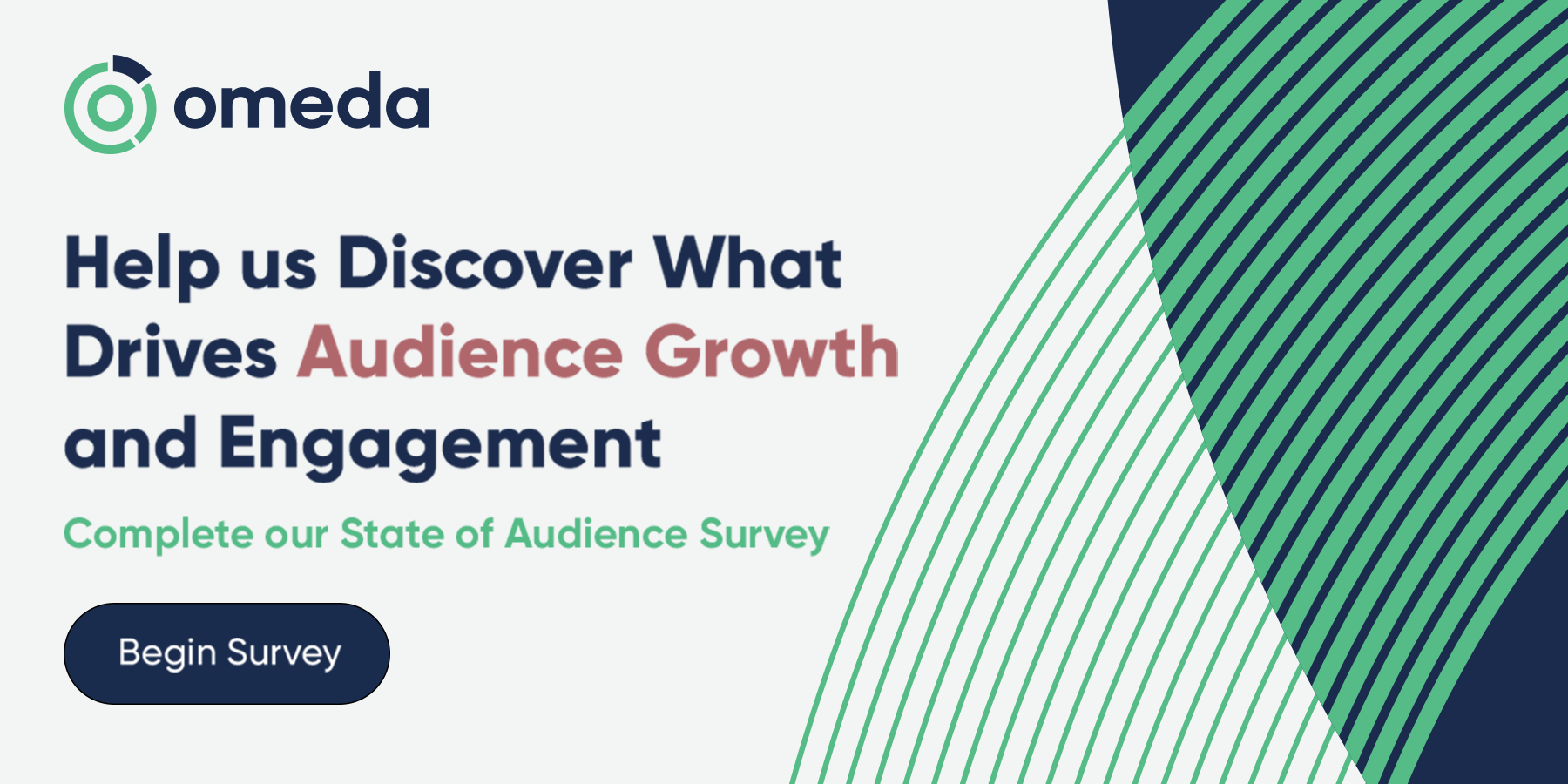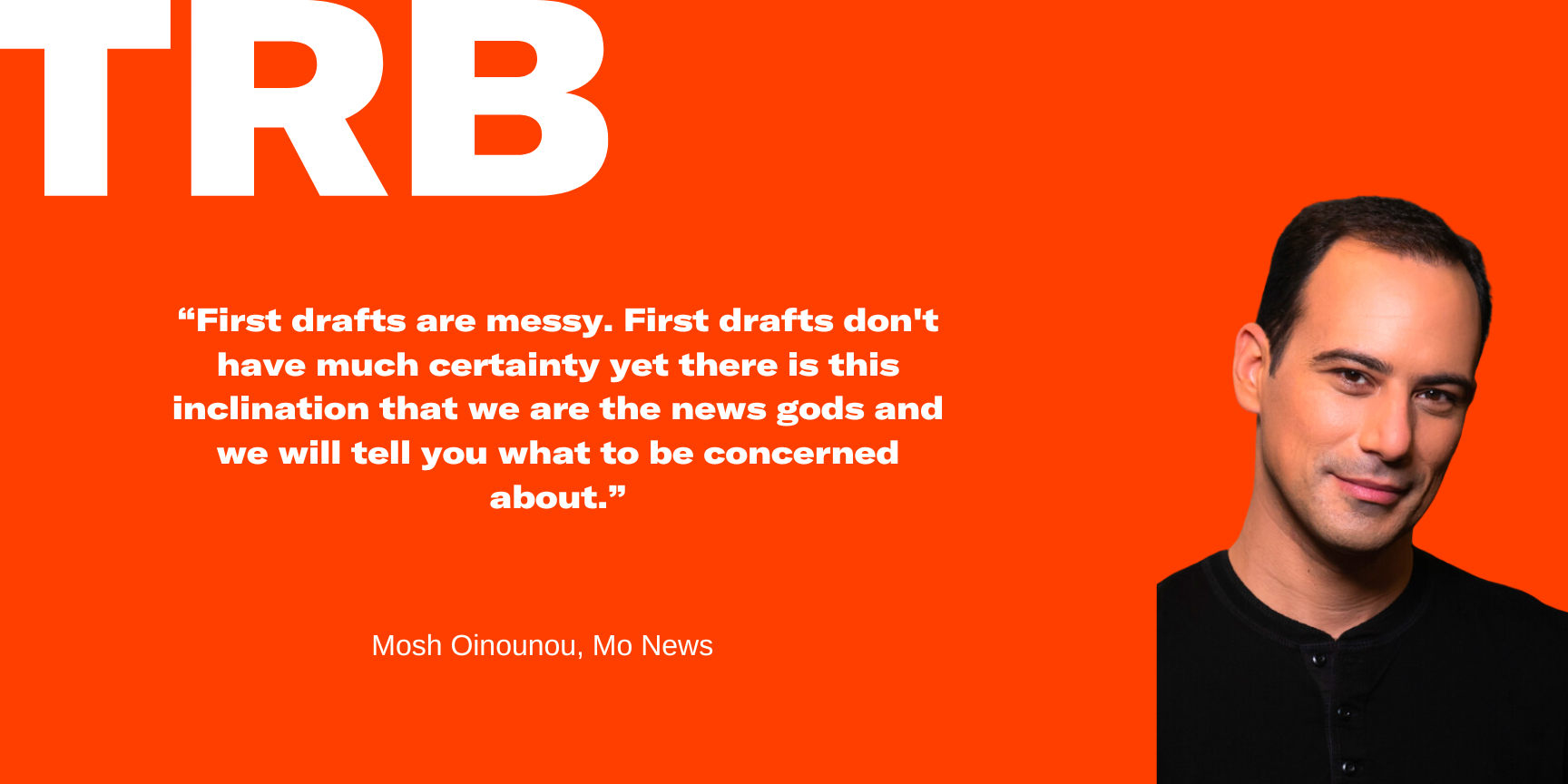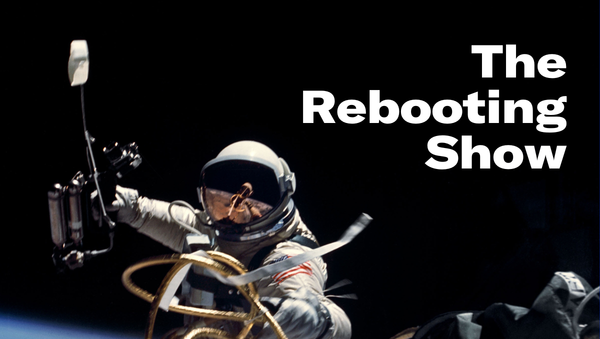Does Bill Ackman have a point?
Journalism and incentives

I’m going this afternoon to speak to a class of students at Columbia’s j-school. They’re freaked out about going into a profession that’s broadly viewed in terminal decline. My hope is to provide something of a survival guide. Conveniently, it’s an issue we’re discussing later today in a podcast recording with Puck’s fashion correspondent Lauren Sherman, who has navigated the journalism gauntlet. Her advice is simple: Don't stop.
Be sure to check out last week’s episode with Dotdash Meredith CEO Neil Vogel. Among other topics, we discussed what publishers should do to prepare for a material decline in search traffic. Get PvA on Apple | Spotify | other podcast platforms.

Help us help you engage your audience

Are you struggling to grow and monetize your audience? Are you wondering how to stay competitive in a rapidly transforming media landscape?
You’re not alone. That's why we're creating the industry’s first State of Audience Report, which examines how media professionals like you are growing and managing their audiences.
But we need your help.
Please consider filling out this anonymous survey. It’ll only take 10 minutes and we’ll donate $50 to the Chicago Food Bank for every completion. Plus, you’ll get the full research report this spring!
The incentives game
I have to confess that until quite recently I didn’t know much of anything about Bill Ackman. But the hedge fund billionaire egotist muscled his way into my consciousness with his feuds with Harvard – this is what reading The New York Times gets you – and of course Business Insider.
Ackman’s threats against BI are mostly dismissed out of hand. And his 77-page nastygram to BI owner Axel Springer – these letters are common tactics and typically much more pro forma, but Bill is gonna Bill – does little to elucidate much of a legal claim in the matter of BI reporting on Ackman’s wife’s “plagiarism.” Much of it is dedicated to technical definitions of plagiarism and torturing words until they confess.
Ackman previewed the “demand letter” on the Lex Fridman podcast for an astounding three hours and change. Parts of it are quite interesting. He makes the simple point that people are driven by incentives. And in Ackman’s view, whether it’s Harvard or journalism, the problem comes down to bad incentives and poor governance.
On governance, most reporters would hardly object to the issue. The sheer diversity of failures of digital media business point to a structural issue, but some of the particulars of self-dealing of the Boss Class do little to bridge the chasm with the cubicle dwellers.
On incentives, Ackman echoes the shorthand view that digital media is in the business of sensationalism and “chasing clicks.” The idea is that the fight for attention – this is a battle Bill knows – creates perverse incentives to gin up outrage through “hit pieces” that usually involve tweets and are a far cry from Watergate.
“If you can show an advertiser more clicks, you can make more money,” he said as documented by Puck’s Bill Cohan, who not only listened to the whole thing but took notes. “A journalist is incentivized to write a story that will generate more clicks. How do you write a story that generates more clicks? You got a billionaire guy. And then you go after his wife. And you make a sensationalist story, and you give them no time to respond.”
To my mind, Ackman is putting his finger on something that’s directionally accurate, although wrong in the specifics. There is a longstanding incentives issue. The times of the Gawker scoreboard hooked up to Chartbeat are over. The chase for traffic is giving way to new “North Star metrics.” At BI no less, traffic quotas (sorry, goals) gave way to impact points and now the hunt is on for loyalty from “disruptive go-getters” who can be lured to the site two days a week. The structural shifts in the digital ad market will force this shift at most publishers.
The real issue Ackman underlines is a cultural insularity within the profession that has to be acknowledged. It’s too easy to blame external forces for the declines in trust and simple prestige of the news industry. There’s groupthink that tends to coalesce around a singular point of view. This got exacerbated during Trump and a generational shift toward a form of activism that’s been embedded in journalism for a while but has become heightened in recent years. Speaking truth to power became “calling out” various transgressions. The moralizing over dumb tweets did the profession no favors.
On a new episode of The Rebooting Show, I spoke to broadcast news veteran Mosheh Oinounou, who has built an independent Instagram-first news operation in Mo News. We discussed this drift in the news industry that’s made it more out of touch on issues like the border crisis and inflation.
“I have gotten a better sense of doing social-first news, being in the direct messages with very informed news consumers who are very frustrated with the news in the way they're getting it from traditional publications. There’s legitimate accusations of bias. Now, that bias is not always political. In some cases, it's just journalists who are completely out of touch with the needs and the interests and the concerns of the average news consumer. It’s elitist bias.”
Silicon Valley has fomented much of this anti-journalist sentiment, and it dovetails with the industry’s own growth as a massive power center. Sometimes you need to separate the messenger from the message. It’s hard for anyone to swallow accusations of elitism from rich and powerful people against those who have roommates into their 30s.
To the hyper-rational technical and financial mind, the situation is clear: Adversarial journalism is explained by financial incentives and a pervasive progressive ideology that’s hostile to free markets, tech advancements and overly concerned with safety, righting historical wrongs and policing speech.
Many influential voices in the tech world don’t understand why anyone who is capable would choose to enter journalism. It must mean they can’t do pattern-matching capital allocation. My bet is the armies of journalists ejected from the profession will go on to accomplish quite a bit in other fields, because the skills you develop in this profession are transferable, and the productivity required of working journalists is far greater than the swathes of rest-and-vest middle managers that fill the ranks of tech companies. But I’m biased.
Incentives do matter, and within journalism the incentives ideally line up with impact, only we’ve seen that shift into politics. This monoculture is revealed in Adam Rubenstein’s fascinating view of the infamous Tom Cotton op-ed at the Times, and how it ended his career there. It doesn’t reveal a grand conspiracy, just a garden variety example of how groups tend to reinforce the dominant viewpoint. Get a bunch of mildly progressive people together with extremely progressive, and the group will shift. It’s why primaries are always a contest of playing to the far reaches of a party. None of this is particularly new: I can remember being at Columbia in 2000 and hearing academics praise Mao for his anti-colonial credentials.
Ackman’s cure – make it easier for performatively chivalrous billionaires to sue the pants off news organizations – is far worse than the underlying condition, and another instance of intellectual coherence.
Rubenstein makes sensible suggestions to open up newsrooms to a true diversity of viewpoints, even those who might vote Republican. I’d like to think conversation will help. I thought Taylor Lorenz, who has been appointed the head of the Journalism Industrial Complex by the creepier extremes, handled her interview with Chaya Raichik well. She let the Libs of TikTok creator attempt to explain who she is and what she believes. I doubt many people’s views were changed– she came across as a conspiracy-addled dolt to me, but I see the based e/acc adherents in a lather over Taylor wearing a mask outside – but I also don’t think that is the job of journalists.
Soon after Trump was elected, I did a podcast with my former boss Michael Wolff. Every crisis is an opportunity, and Michael saw one with the ascent of Trump. Rather than join the resistance after the election, Wolff went to talk to what he’d probably call “these strange people.” He wanted to know who they were.
His piece on Steve Bannon was a harbinger. Michael was criticized for “platforming” Bannon, who was a key advisor to the incoming president of the United States. What? When I said journalists shouldn’t be stenographers, he disagreed and said yes, they should, they should write it down.
There’s a reason that podcasts like Joe Rogan and Lex Fridman are popular: They let people speak for themselves and allow others to take measures of them. What I like about what Mosh is doing is he’s taking the traditional precepts of journalism – fairness, curiosity and accuracy – and marrying it with a conversational approach that serves the needs of his audience of 440,000 on Instagram and more on other platforms. He’s in the DMs and understands the needs people have to understand the world around them better.

Mosh Oinounou, a broadcast news veteran, started posting summaries of the news of the day during the early days of the pandemic. He found they were resonating, and over the past few years, Mo News has amassed 440,000 followers on Instagram for news delivered mostly through Instagram Stories. Mosh has since expanded to a daily podcast, a membership program that’s attracted 6,000 paying subscribers, newsletter and more. We spoke about the prospects of “creator journalists,” why his evenhanded approach resonates with his 85% female audience and the inherent challenges of building a business built around a “personal brand.”
Subscribe to The Rebooting Show on Apple | Spotify | other podcast platforms
For the price of 10 NYC cocktails, you can join The Rebooting’s membership program to gain full access to all content, and regular community events like live podcasts and expert workshops.




